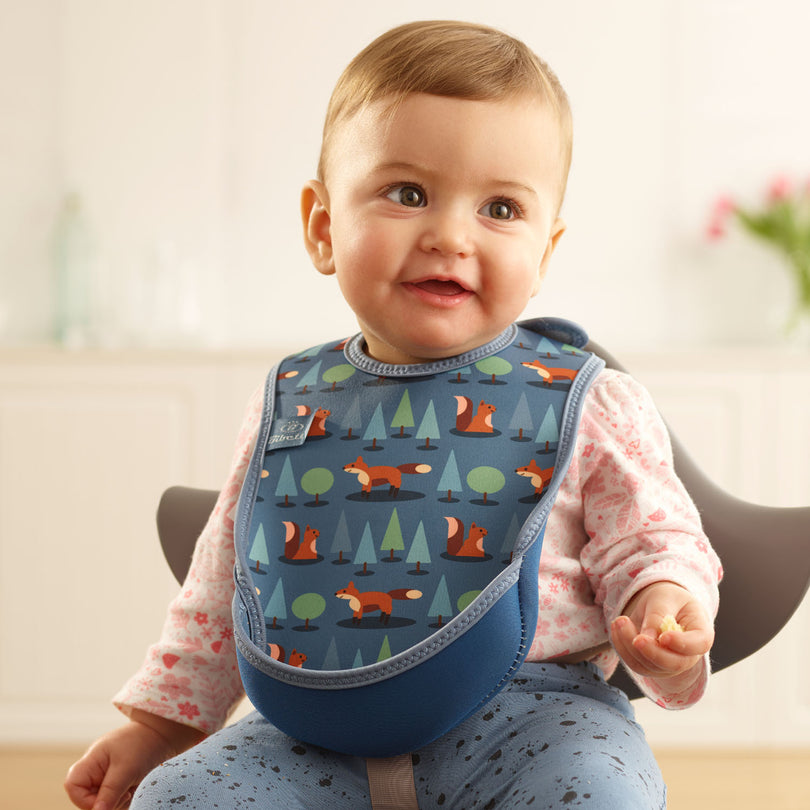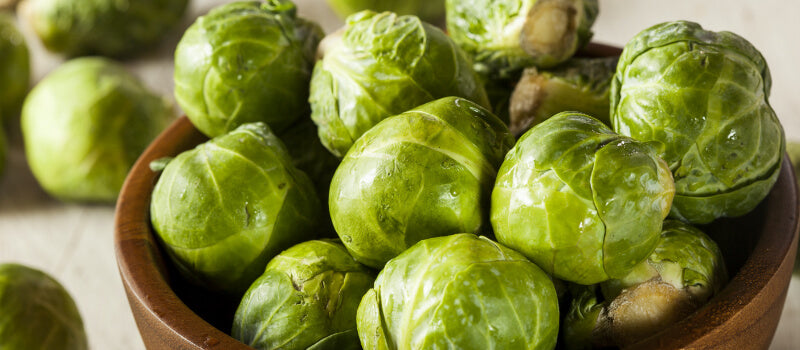A parent’s guide to salt
We all worry about which foods are good for our children and those that aren’t, but how do we really know how much salt is in our children’s food? It can be really overwhelming, especially with so many labels on food packaging these days. With official guidelines advising that children aged 1-3 should have no more than 2g of salt a day (a third of a teaspoon), how are parents to navigate the right information? Our friends at Kiddyum have kindly offered to tackle this issue for us this month in a guest blog by their Nutritionist, Chloe Joyner.
64 per cent of parents say they trust that food marketed for young children will be low in salt, however research from Kiddyum has found that this is not the case, with many children’s food actually containing high levels of salt.
So how can you check the salt content themselves?
I have these great tips to help parents know their salt when it comes to children’s food;
- Don’t just look at front of pack claims or tables, check the ingredients to see if salt has been added
- Look out for other sources of salt such as Worcester sauce, ketchup and sundried tomato paste
- Remember processed meats such as bacon and sausages are usually high in salt so try to watch your child’s intake of these foods
- If you are buying a savoury meal, check if the stock used contains salt. Sometimes salt is hidden in stock and will be shown in brackets or even in ‘sub ingredients’
- Salt isn’t always just used in savoury foods, it can also be found in things like breakfast cereals and some cakes and biscuits so check the ingredients
- Try to buy tinned food in spring water rather than brine. Brine is salt water so it increases the salt content of the food within it
- Try to be mindful of ready- made sauces and condiments like ketchup and mayonnaise. They usually contain salt
- Bread contains salt, so while it can be part of a healthy balanced diet, be aware how many slices your child is eating throughout their day. Remember that one slice can contain approximately 20% of their daily salt maximum intake
- Most processed foods such as ready-made sauces or soups tend to contain added salt – some of which can be very high for a child. I would advise to try and make your own where you can or buy a child specific ready-meal that contains no added salt or sugar (but remember to check the back of pack and the ingredients, you might be surprised!)
- Stock cubes typically contain a lot of salt so do watch how much and how often you use them in food for young children. If you can, try making your own stock or buy a ready-made stock which doesn’t contain added salt, there are some specifically aimed at babies and young children available from supermarkets.
If you follow these top tips, then you can be assured knowing you are doing your best for your little ones and giving them the healthiest start in life.
Kiddyum is a range of delicious and nutritious meals for young children (aged 1-4), which are frozen for locked in goodness. The range delivers the benefits of homemade, with the convenience of being ready to eat in just five minutes.
Kiddyum’s mini meals are made from natural ingredients and contain no artificial ingredients (GM ingredients, artificial flavours, colours or preservatives). They contain no added sugar and are low in salt (no salt is added to the meals; they only contain salt which occurs in cheese)
Created by mum of two Jayne Hynes, the Kiddyum story began when Jayne used to batch-cook her own recipes and freeze them for her daughters Tilly and Florence. Soon friends and family were putting in their orders and Kiddyum was born.
For more information, please visit www.kiddyum.co.uk, twitter @kiddyum, Facebook / Kiddyum and Instagram /Kiddyum.
Guest Blog by Kiddyum





